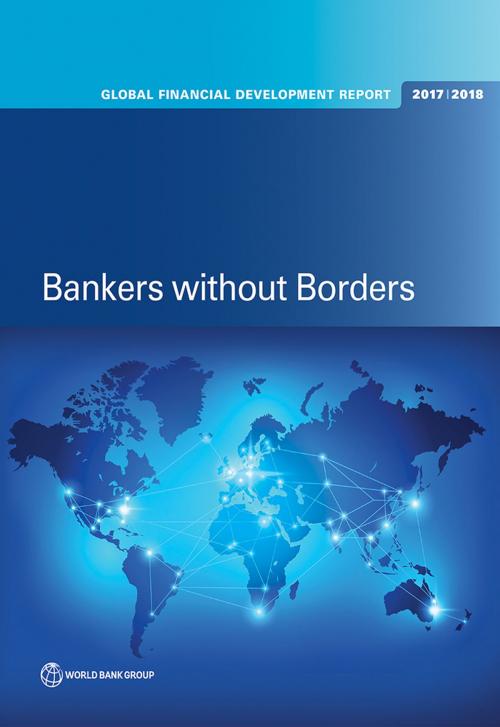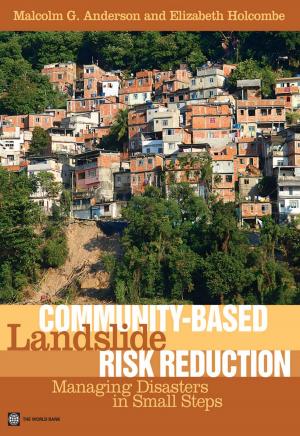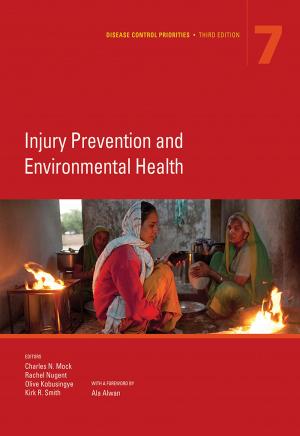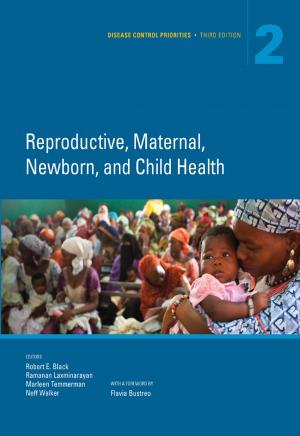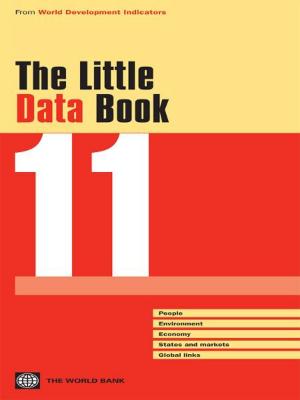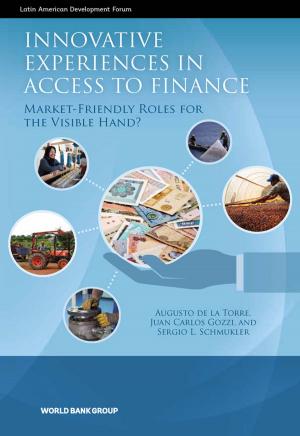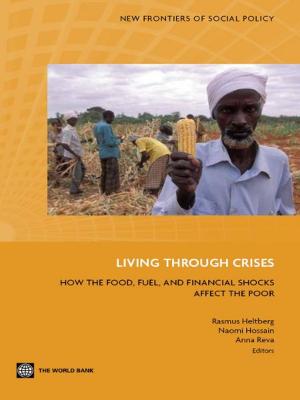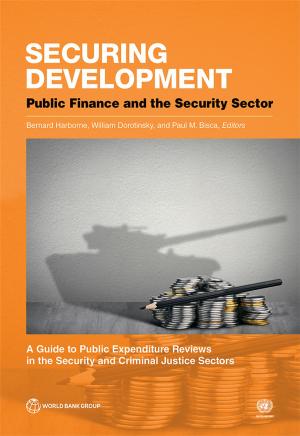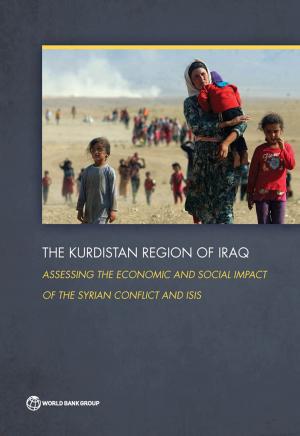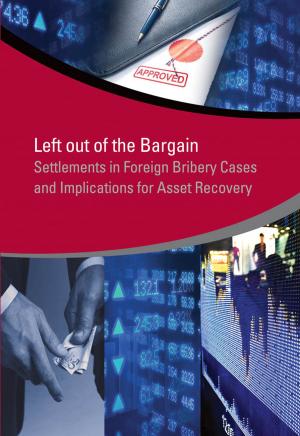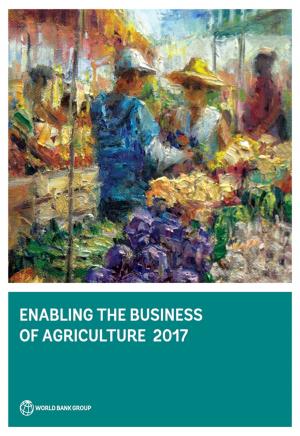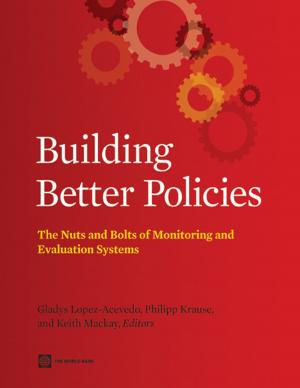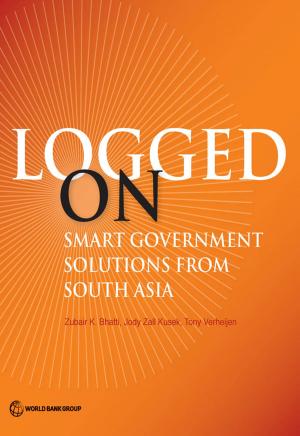Global Financial Development Report 2017/2018
Bankers without Borders
Business & Finance, Finance & Investing, Banks & Banking, Economics, Economic Development, Finance| Author: | World Bank | ISBN: | 9781464811968 |
| Publisher: | World Bank Publications | Publication: | November 7, 2017 |
| Imprint: | World Bank Publications | Language: | English |
| Author: | World Bank |
| ISBN: | 9781464811968 |
| Publisher: | World Bank Publications |
| Publication: | November 7, 2017 |
| Imprint: | World Bank Publications |
| Language: | English |
Successful international integration has underpinned most experiences of rapid growth, shared prosperity, and reduced poverty. Perhaps no sector of the economy better illustrates the potential benefits--but also the perils--of deeper integration than banking. International banking may contribute to faster growth in two important ways: first, by making available much needed capital, expertise, and new technologies; and second, by enabling risk-sharing and diversification. But international banking is not without risks. The global financial crisis vividly demonstrated how international banks can transmit shocks across the globe. The Global Financial Development Report 2017/2018 brings to bear new evidence on the debate on the benefits and costs of international banks, particularly for developing countries. It provides evidence-based policy guidance on a range of issues that developing countries face. Countries that are open to international banking can benefit from global flows of funds, knowledge, and opportunity, but the regulatory challenges are complex and, at times, daunting. Global Financial Development Report 2017/2018 is the fourth in a World Bank series. The report also tracks financial systems in more than 200 economies before and during the global financial crisis on an accompanying website (www.worldbank.org/financialdevelopment). **Note: This World Bank report, Global Financial Development Report 2017/2018: Bankers without Borders, is not associated with the Grameen Foundation’s Bankers without Borders program, which engages volunteer consultants to donate their expertise to serve social enterprises and nonprofits in poor countries. For more information, visit: https://www.bankerswithoutborders.com.
Successful international integration has underpinned most experiences of rapid growth, shared prosperity, and reduced poverty. Perhaps no sector of the economy better illustrates the potential benefits--but also the perils--of deeper integration than banking. International banking may contribute to faster growth in two important ways: first, by making available much needed capital, expertise, and new technologies; and second, by enabling risk-sharing and diversification. But international banking is not without risks. The global financial crisis vividly demonstrated how international banks can transmit shocks across the globe. The Global Financial Development Report 2017/2018 brings to bear new evidence on the debate on the benefits and costs of international banks, particularly for developing countries. It provides evidence-based policy guidance on a range of issues that developing countries face. Countries that are open to international banking can benefit from global flows of funds, knowledge, and opportunity, but the regulatory challenges are complex and, at times, daunting. Global Financial Development Report 2017/2018 is the fourth in a World Bank series. The report also tracks financial systems in more than 200 economies before and during the global financial crisis on an accompanying website (www.worldbank.org/financialdevelopment). **Note: This World Bank report, Global Financial Development Report 2017/2018: Bankers without Borders, is not associated with the Grameen Foundation’s Bankers without Borders program, which engages volunteer consultants to donate their expertise to serve social enterprises and nonprofits in poor countries. For more information, visit: https://www.bankerswithoutborders.com.
